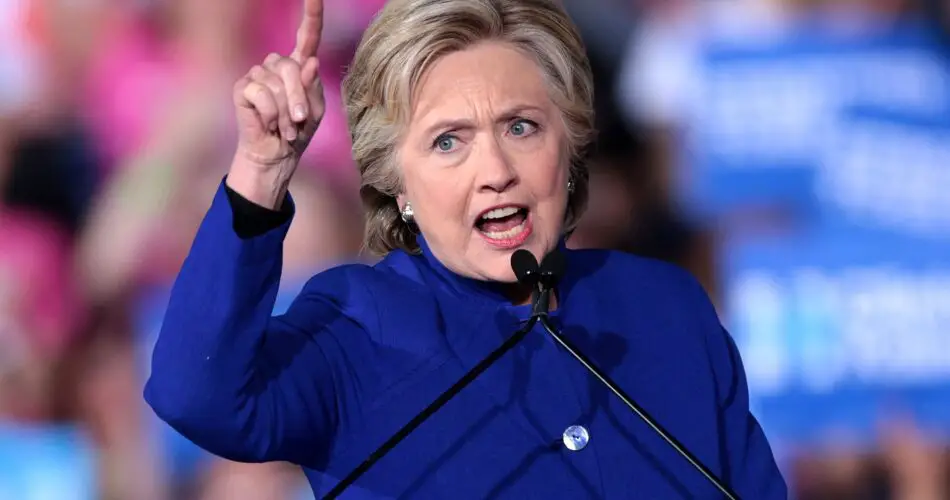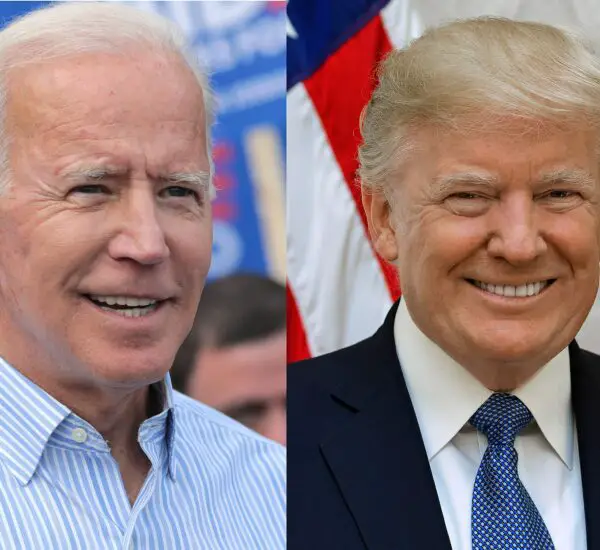Elaine Kamarck, a member of the DNC, emphasized the organization’s commitment to the predetermined order of the initial states in the presidential nominating process, a decision reached after extensive internal discussions aimed at restructuring the party’s calendar. The revamped schedule prioritizes states with diverse populations and significant battleground status over Iowa, which has traditionally held the first caucus.
Endorsed by President Joe Biden, the 2024 nominating sequence will commence with South Carolina on February 3, then Nevada on February 6, and Michigan on February 27. Georgia, initially slated for an early position, couldn’t adjust its date due to the state’s Republican governance. Consequently, Iowa’s prominence in the early-state lineup for the 2024 cycle has been effectively diminished.
Initially, the DNC had scheduled New Hampshire for February 6, coinciding with Nevada. However, New Hampshire law mandates its primary to occur a week before any similar event. Given the state’s Republican leadership’s resistance to altering this stipulation, New Hampshire Democrats acknowledge their primary date depends on the secretary of state’s determination. Governor Chris Sununu, a Republican, asserted New Hampshire’s intention to retain its precedence, irrespective of other developments.
Previously, New Hampshire received until mid-October to align with DNC regulations. With its recent designation as “non-compliant,” the state’s Democratic Party now has an additional 30 days to rectify its standing. Failure to do so might prompt the DNC to impose penalties.
New Hampshire Democratic Party Chair, Ray Buckley, expressed uncertainty regarding potential candidates, given President Biden is unlikely to be on the ballot. Nonetheless, he affirmed the state’s resolve to prevent any contenders from asserting victory in the New Hampshire primary under these circumstances.





